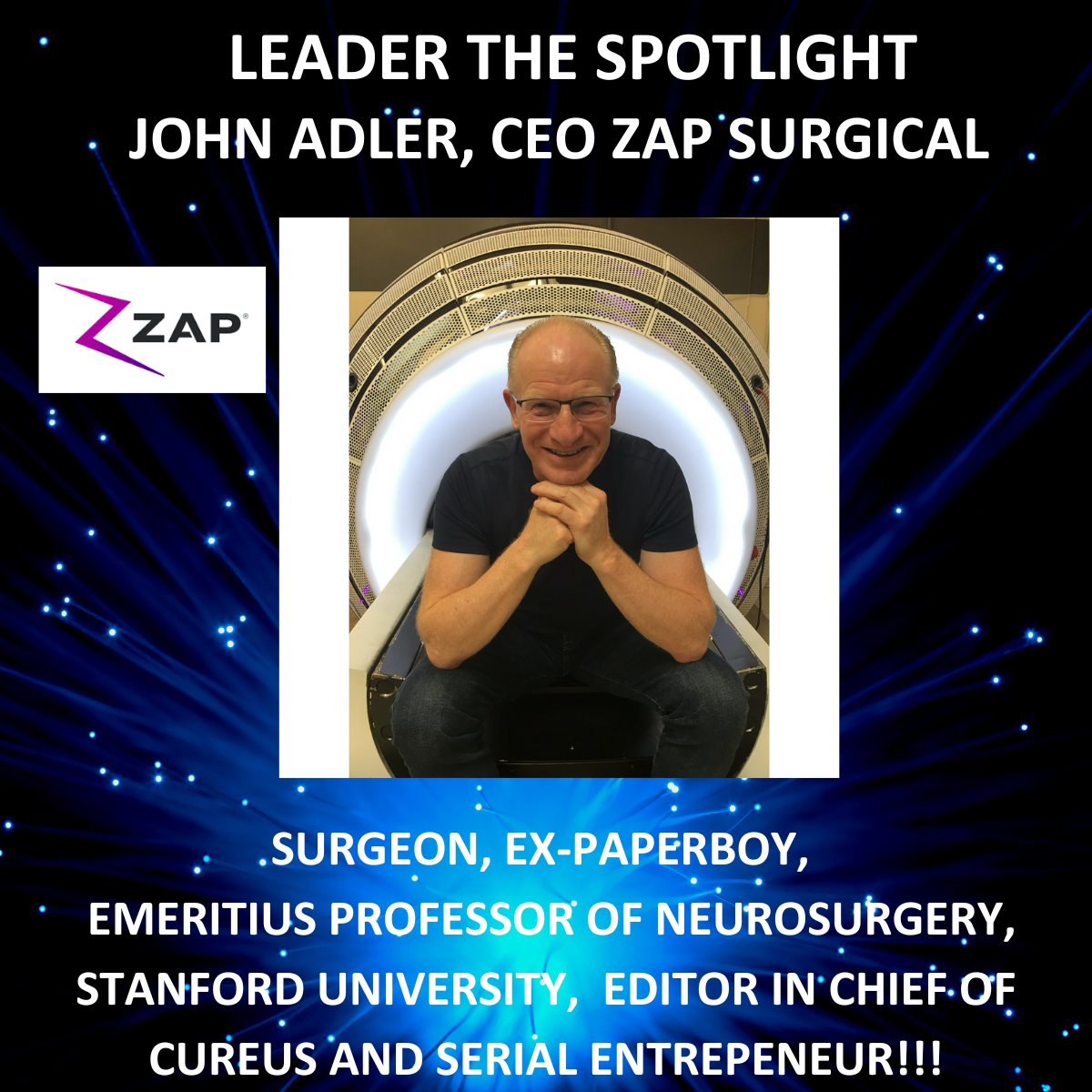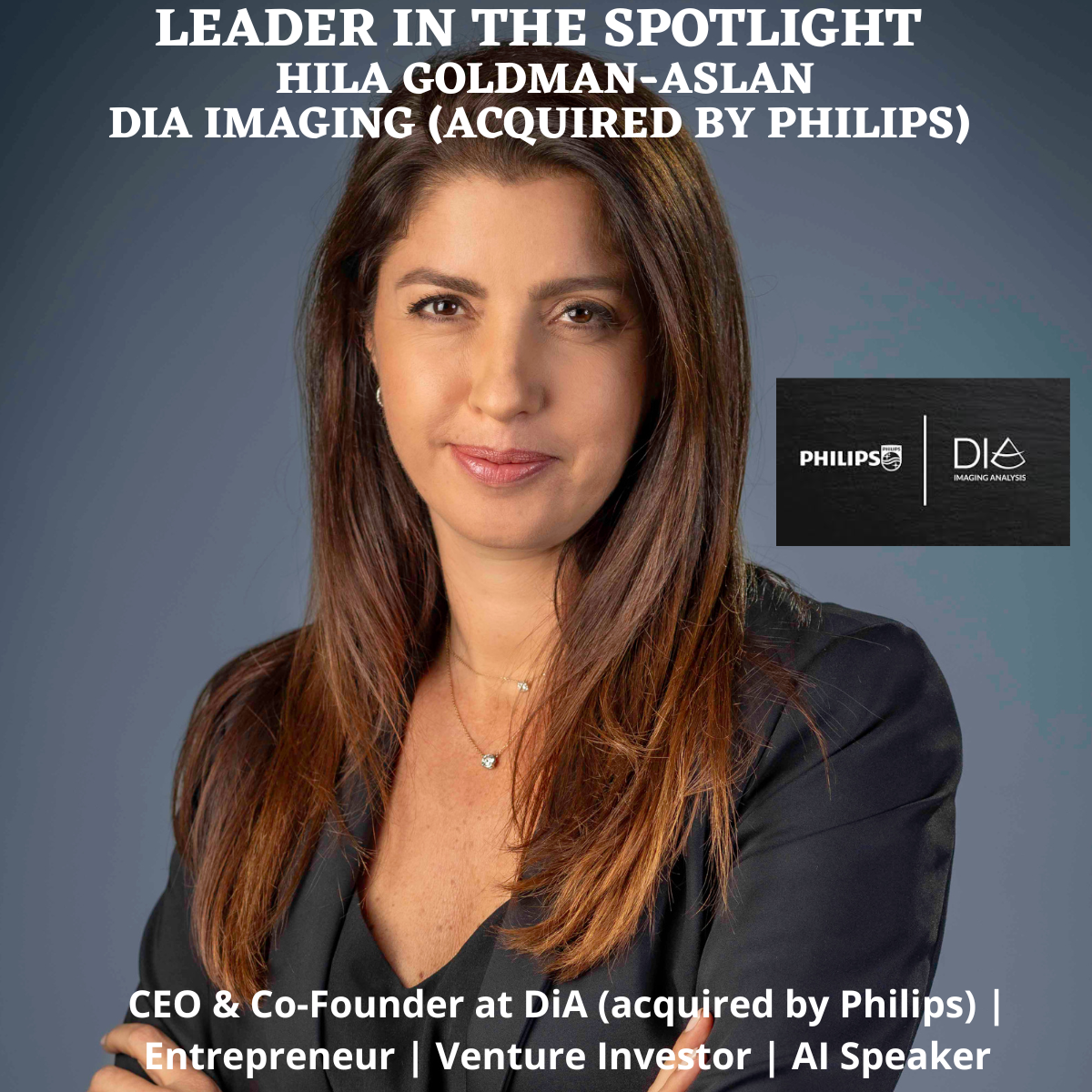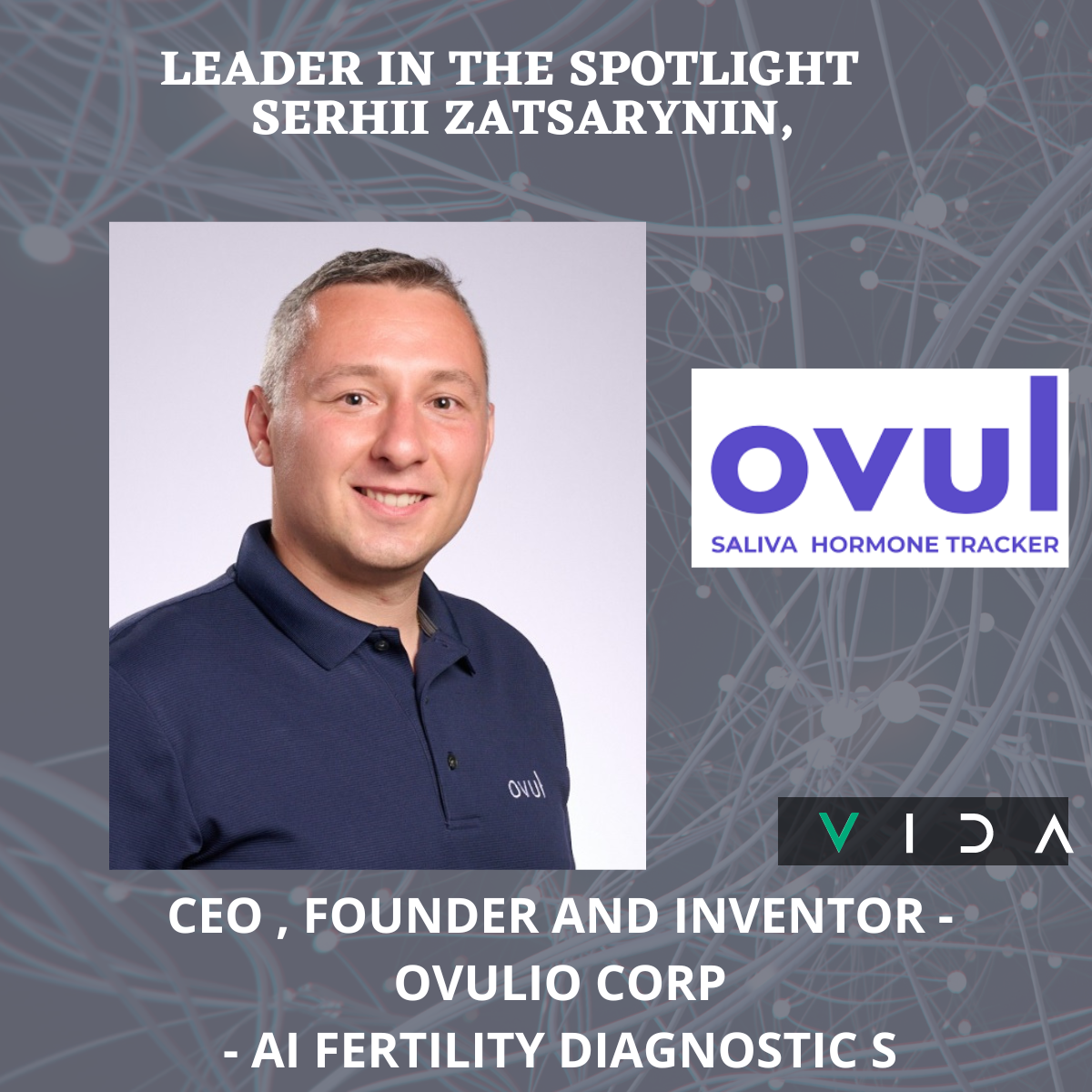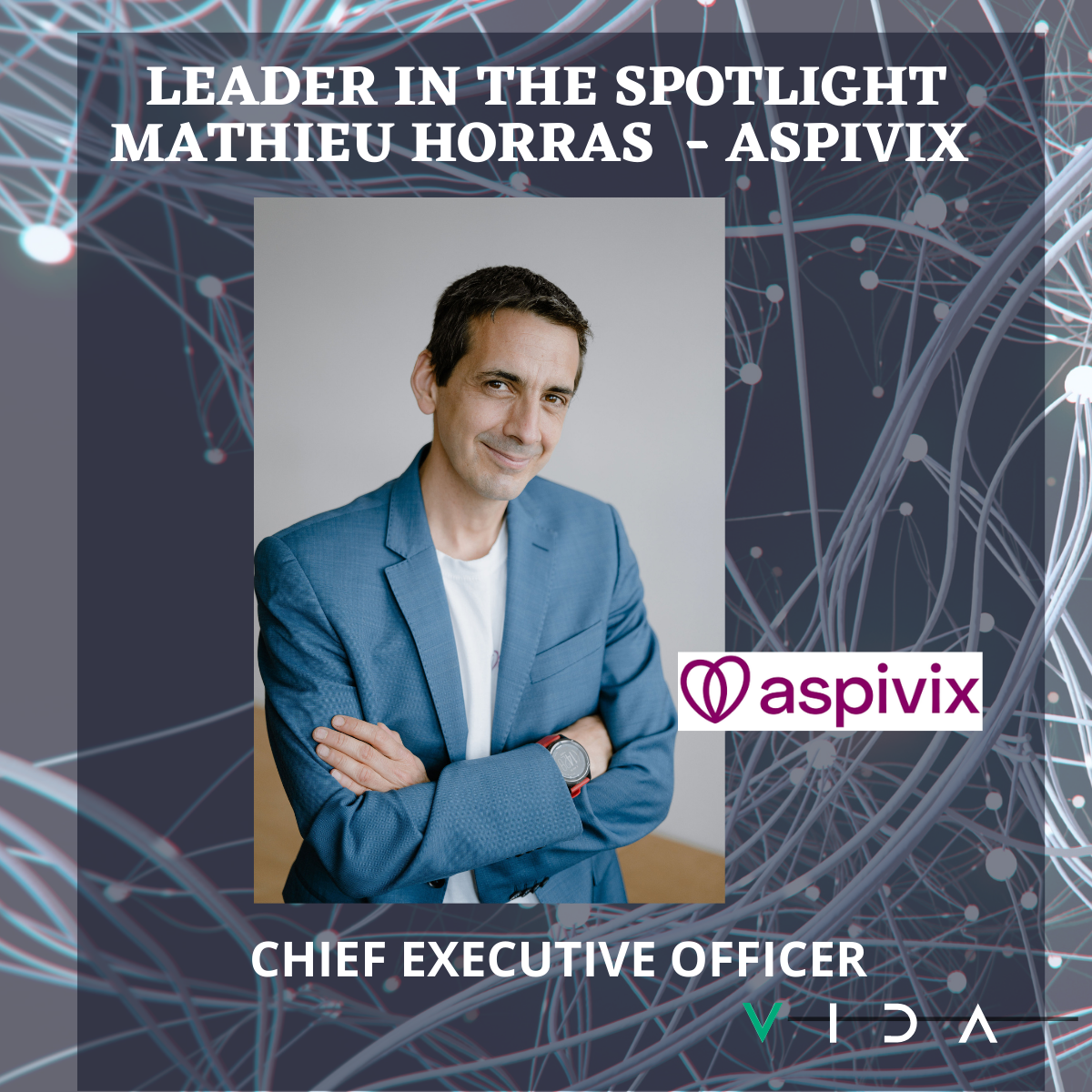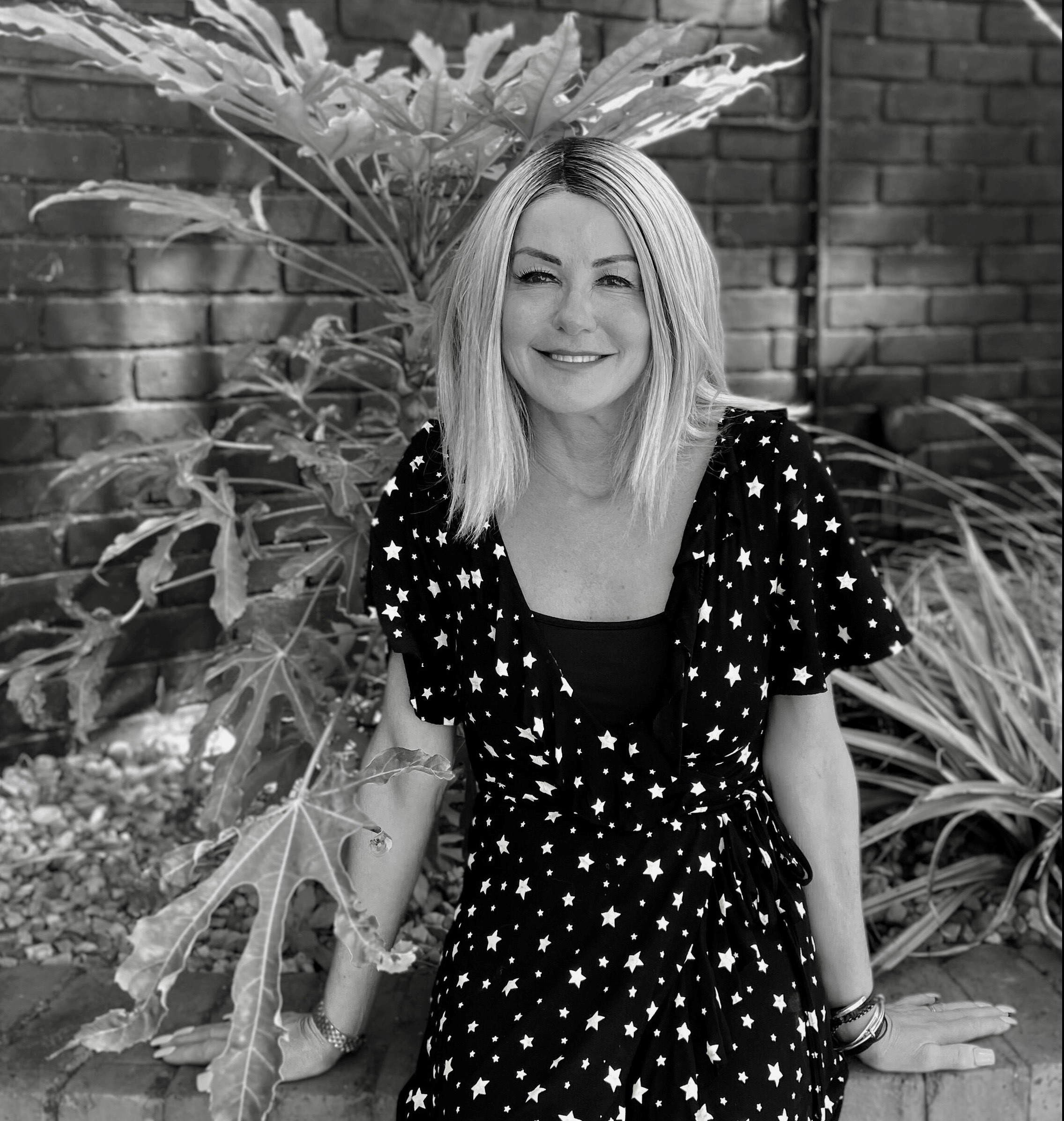
POSTED BY
Liz Moyles
I spoke with Bill as he sat working from his beautiful home overlooking the most fantastic scenery in Vancouver. Both his dogs, his Havanese and slightly more timid Jack Russell, were on hand probably annoyed I was taking Bill’s attention away from him. I learned that Bill is a diehard runner and that he has a passion for his electrical guitar which he claims to play ‘badly’ but with enthusiasm!
Bill has a great sense of humour; he had me in stitches. Bill is incredible- hugely successful, completely down to earth, and fascinating to speak with. Here’s some of what we spoke about.
- When I run a mini-interview with anyone, I love to ask this question; Bill - how did you end up in MedTech – was it a childhood dream?
I certainly didn't run home from school one day and tell my mother that I wanted to work in MedTech but I wanted to be a doctor for as long as I can remember. The turning point for how I ended up in Medtech occurred one day in my third year of medical training, when I was giving vascular rounds, and an interventional radiologist named Lindsay Machan came up to me after my presentation. I didn’t know it then , but this was a life changing conversation! I had been giving a talk about the work I did in graduate school which involved how blood vessels grew; a process known as angiogenesis. I had been working on different factors that could prevent angiogenesis from occurring. Lindsay said that agents like that could be very effective if used as stent coatings.
I asked "What’s a stent?" He explained that stents were wire cages that help blood vessels open, and they were prone to becoming clogged with scar tissue. He believed that if we used an antiangiogenic coating on a stent, we could prevent the stents from failing (a process called restenosis). To make a long story short, we tried it, and it was effective. We decided to raise $250,000 to attempt to develop the product commercially, which we thought would take 12 to 18 months. It actually cost $250 million and took nine years, but that project became the TAXUS coronary stent; a product we partnered with Boston Scientific. It became one of the biggest selling medical device products in history. I woke up one day and found that much to my surprise I was running a company with over 2,000 employees, eight manufacturing plants around the world, and more than 5,000 different products for sale in the US market. Needless to say, that was the end of my medical career and the beginning of a career in MedTech. My career choice was an accident, not the culmination of a life plan!
- Wow, Bill. That must have been a real pinch me moment – did you ever dream Angiotech would become what it did?
When I started the company, I was still working as a physician to pay my bills. I would take evening shift work so that I had time during the day to work on the drug-coated stent project. I just assumed that my career was going to remain in medicine and that this project would be a sideline effort. At no point did I imagine I was going to ultimately give up medicine and transition into business. In that regard, the business just kept expanding until the decision to work full time at Angiotech basically made itself. Truthfully, I don't think I fully comprehended the magnitude of the Angiotech situation until many years later. When you are in the middle of an explosive growth period, there isn't much time for reflection about the journey you are on. It is only afterwards when you've been through many ups and downs that you come to understand how rare and unique a successful product like TAXUS really is.
- So, what happened to Angiotech? Why did you move on?
Over 20 plus years, Angiotech ran its course. We faced competition in the drug-coated stent market and our partner Boston Scientific diversified into other DES products. The truth is I wasn't quick enough to diversify the business beyond TAXUS and our growth stagnated. In the credit collapse of 2008, we found it difficult to refinance the company and we took the company private. The new private equity investors were stereotypically focused on eliminating staff, cutting R&D, and offshoring manufacturing. I'm really an innovation, growth, and novel product type CEO, so I clearly was not the right person for the job. We both came to this conclusion fairly quickly. One Monday morning I came into my office and the newly appointed Chairman was waiting there to escort me out of the building; a building I had helped create. Being fired from a company you started is certainly a humbling experience, but in retrospect, it was the right thing for both myself and for Angiotech. Without it, I'm not sure I would ever have had the opportunity to start Canary and have a second chance at building an R&D-based company from the ground up.
- Yikes Bill. You’re not the first CEO I have spoken with who that has happened to, but it sounds very sudden. How did that feel and given that you must have been a very wealthy man by this point, what led to you setting up in business again?
I was 49 years old and not anywhere near ready to retire. My kids were still young, and it was important to me that they see their father was willing to go back to the beginning and start over again. I certainly wasn't going to play golf for the rest of my life! One night, David McMasters (Angiotech's former general counsel and the person who helped me write most of my patents) and I were having a couple of glasses of wine and talking about the new fields of sensors and digital health. Angiotech had been founded on the premise of combining drugs with devices to create bio-active implants. We suspected that over the next 10 to 15 years sensors would be incorporated into medical devices to connect them to the Internet and provide real time data to doctors and patients. Much to our surprise, when we examined the intellectual property landscape, there didn't seem to be a lot of activity in the field.
We called up some old friends and decided to get the band back together again. Fred Cushner is an orthopedic surgeon that had worked with me on the Quill Barbed suture, Jeff gross had been Angiotech’s Chief Technical officer, Michael Raynor is a disruptive business expert that I had worked with previously - it was a chance to start from scratch and work with a team of talented individuals who had impressed me over my previous 22 years in the business. That was probably the biggest difference with Canary; Angiotech was a bit of a random walk, while Canary was purposefully constructed from the beginning. It was a chance for a complete “do over” in my career.
- Tell us about the idea and how you developed the idea from concept to where Canary Medical is today?
As I mentioned, we were interested in the idea of combining sensors and medical devices. Your iPhone can count your steps, measure your heart rate, and orient itself in three-space. Why can't life-saving medical devices do similar things? It seemed absurd to us that billions of dollars in medical hardware were implanted into the human body every single day and almost none of them provided feedback to doctors or patients. “Smart” Implants could provide information on patient activity, function, complications, and response to treatment. Just as importantly, we could collect that data continuously and provide feedback to the care team in between office visits - all without the patient ever having to leave home. Our motto was “Giving medical devices a voice, letting medical data be heard.” If information was delivered to the clinician in a timely manner, it might be possible to intervene and correct a problem before it became more serious.
- So how have the surgeons / physicians received your solutions? What about the patients – do they like it?
We started with orthopedics because the first implants we were able to make were the size of a AAA battery. They contain sensors, transmission technology, and a pacemaker battery that can power the device for up to 20 years. Only total knee replacements were large enough to accommodate the technology at that time (2017). As batteries improved and new sensors required less power, our devices shrunk to a fraction of that size, and we were able to work with many other types of medical implants. The “smart” knee, Persona IQ® made by Zimmer Biomet, measures patient activity metrics (qualified step count, walking speed, distance, cadence, stride length, gait (whether the patient is limping or walking normally), and the range of motion of the knee. It took us a while to understand how orthopedic surgeons would use this data and how patients would respond to it. For surgeons, it is a way to manage a busy practice - they can follow patients who are recovering well at home and save in-person visits for patients who are falling behind and need more structured care. Patients on the other hand, find comfort in the fact that the care team is following their progress and can contact them should any concerns arise. Also, since most patients don't know what to expect after surgery, it is nice for them to be able to follow their progress daily and compare it to expected recovery metrics. Both doctors and patients feel that identifying whether a patient is ahead or behind expectation makes it possible to customize the rehabilitation plan based on an individual’s specific recovery pathway. That is the beauty of continuous feedback, versus only seeing your doctor a few times a year.
- What do you find most special about Canary Medical, its products, and its people?
I really appreciate how dedicated the Canary team is to the well-being of the patients who receive our product. They know that they are doing something that hasn't been done before and that it will be difficult. On countless occasions, Canary’s employees have gone the extra mile to solve problems and invent new solutions. They are truly motivated by our ability to make a difference for patients recovering from knee surgery. Before we did this, even experienced orthopedic surgeons didn't know precisely how their patients recovered on a day-to-day basis after knee replacement. I think it is safe to say, that with over two billion data points collected from thousands of TKA patients, Canary has collected the most comprehensive post-operative database to date. As we begin to analyze and understand that data, I believe the learnings we will gain from it will be very impactful.
- Tell me a bit about the vision, you and the leadership team have for Canary Medical – what next?
Having made the device smaller, it will soon be possible to bring the technology to other total joint replacement surgeries, such as hips and shoulders, as well as “smart” implants for spine. I am particularly excited about developing new cardiovascular devices. The ability to measure the function of a heart valve, determine whether a coronary stent is opened or closed, or detect whether an aneurysm is leaking – to name a few examples - are potentially life-saving applications. On that note, we recently successfully completed our first physiologic cardiac monitoring study in patients with valvular heart disease.
Longer term, I wouldn't be surprised if most major medical devices were constructed to measure important medical parameters and provide real-time feedback via the Internet. In ten years, I expect “smart” devices to be the standard of care in many specialties. Canary would like to be an important player in leading this valuable and inevitable next step forward in the evolution of medical devices.
- What, if anything frustrates you – or what opportunities do you think we are missing in Medical Devices / Healthcare?
I use the word “inevitable” quite frequently when talking about smart medical devices and digital health in general. This is because macro-trends in healthcare make digital health solutions essential. From the clinician’s perspective, there are not enough healthcare workers to meet ever-expanding patient needs. We read about overwork and physician burnout almost every day. Conversely, today’s patients want immediate answers to their medical questions and expect personalized treatments and care tailored specifically to their needs. Those are two trends that are moving in completely opposite directions. Digital health is the only near-term solution with the potential to solve both problems. Applied to clinical medicine, digital health can take over repetitive, time consuming, and lower-value tasks to free up time for physicians to perform high value-add activities. For patients, it promises the potential of immediate answers, education, and customized rehabilitation plans that continuously adapt based on patient-derived data measurements.
As for frustrations, medicine is notoriously slow to implement significant changes in care delivery. The uptake of digital health into routine clinical practice is no exception. Remote patient monitoring, AI, and diagnostic/treatment algorithms need to be taught in medical school the same way other clinical skills are. Payers and providers have been slow to provide access and reimbursement, and to automate tasks completed by human beings paid via fee-for-service payments. If economics don't change, clinical practice won't change. A coordinated and concerted effort will be required to make medical digital transformation occur safely and effectively in an acceptable time frame.
- Over your career, what have you found inspires you about the people around you?
I'm sure some people will roll their eyes when I say this, but when it comes to healthcare, I have found that most people that work in this industry do so because they really want to make a difference. In many cases, they will take less money and work longer hours simply because they believe that what they are doing can positively benefit the health and welfare of society. It has been described as a “calling” - and call me old fashioned - but I believe that really is the case. It isn't just front-line clinical staff, it is researchers, data scientists, administrative staff, service providers - you name it - people who chose to work in healthcare over other industries simply because they feel that their work matters more if they do.
- Has anyone one played a particularly key role in your career?
I have had too many mentors to single out only a few. I was the first member of my family to attend university, so my mother and sisters sacrificed greatly for my education. I had several people help me to make it into medical school, and many more clinicians and academics who patiently and unselfishly trained me when I did. Then, when I found myself running medical device companies with no formal business training, many others taught me the lessons of HR, finance, accounting, R&D, regulatory, manufacturing, etc. necessary to fill the huge gaps in my knowledge base.
It took a village. I am a very lucky man.
- Reflecting on your career to date, has there been any specific defining moment you can now identify?
I am of the belief that more knowledge is born out of adversity then is gleaned from success. Getting fired from Angiotech was an enormous blow to my ego - I suspect that is precisely why it was also such a defining moment in my career. It made me revisit all the mistakes I made to put myself in that position; mistakes I have tried not to repeat again. It tore down all the preconceived notions that I had and forced me to start over from the beginning. Undertaking a journey for the second time is very different than taking it the first time. The first time, events happen to you, the second time, you happen to events. Everything is contemplated, planned, and executed more deliberately and with greater rigor; much less is left to luck and chance (although they are still huge factors!). I believe it has made me a better and more compassionate leader this time around.
- What’s been the quirkiest thing that has ever happened to you in work?
I met a person who told me he was the Founder of Angiotech. I had no idea who he was - and apparently, he didn’t know who I was either!!!!!
- What advice would you give to someone who's looking to enter this space, whether that's a fresh grad straight out of university, or someone looking to transition their career?
If you are straight out of the university, I would recommend going to work for one of the large multinational MedTech companies. They are extremely good at rotating people through all the different elements of the business, so they get a sampling of all the functional silos. It is the closest thing there is to a tailor-made MedTech MBA. If you have been in MedTech for a while, and already have a sense for what you like and don't like to do, I would recommend taking a position at a small or emerging stage company. Here you will likely get the opportunity to take on a variety of roles and responsibilities that will accelerate the growth of your knowledge base and build your skill set much faster than might be possible in a large organization. - Finally, what do you do to relax and does that include playing the guitar like Jon Bon Jovi?
Running is my form of meditation. I do some of my best thinking when all the blood drains out of my brain and goes into my legs! As for the guitar, it serves two purposes. Most importantly, it is something I share with my youngest son, and is one activity we enjoy doing together. Secondly, it exercises the right side of my brain, which when working in a highly technical field like medicine, tends to be neglected and atrophy at the expense of its more dominant, left-sided compatriot.
Bill , I can’t thank you enough for such honesty and humility. Thank you – I know so many people will learn and reflect abut their own experiences given what you have shared. I certainly have done so. I wonder what happened to the other supposed Angiotech Founder ? Ha ha….. what a moment . I don’t know how you kept a straight face.
Bill you’re inspirational. Please hug those beautiful doggies of yours for me.
